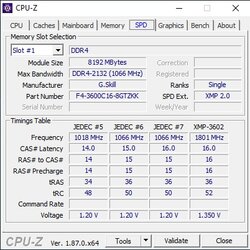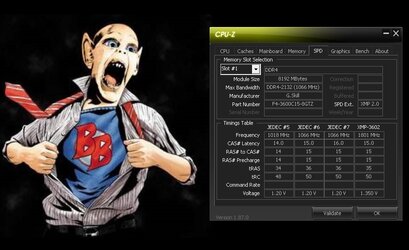- Joined
- Mar 1, 2019
- Location
- China
I have been trying to overclock my CPU for the past 2 days but somehow I am not getting through. The issue is that once I overclock my i9 9900K , I pass intel's stress test, Aida64 runs for more than 1Hr 10 mins without any issues and bug, cinebench R20 also passes the test but the problem comes when I am trying to run Asus Realbench, none of the stress test nor the benchmark passes, in fact the system gets to blue screen may be after 5 seconds of running the test. Does anyone have any clue why this could be happening? My current voltage set is 1.29V, LLC: Level 6, All cores OC'd to 5.0GHz, AVX: set to 2. Some one told me to play around with VCCIO & VCCSA, but strange enough every time I change the values it resets itself to 1.2500.
Please kindly help and guide.
Motherboard: Asus Maximus XI Extreme (Latest Bios)
CPU: i9 9900K
RAM: 64GB Corsair Dominator Platinum @ 3200MHz
Any help will be deeply appreciated
Best Regards
Sajeev
Please kindly help and guide.
Motherboard: Asus Maximus XI Extreme (Latest Bios)
CPU: i9 9900K
RAM: 64GB Corsair Dominator Platinum @ 3200MHz
Any help will be deeply appreciated
Best Regards
Sajeev

